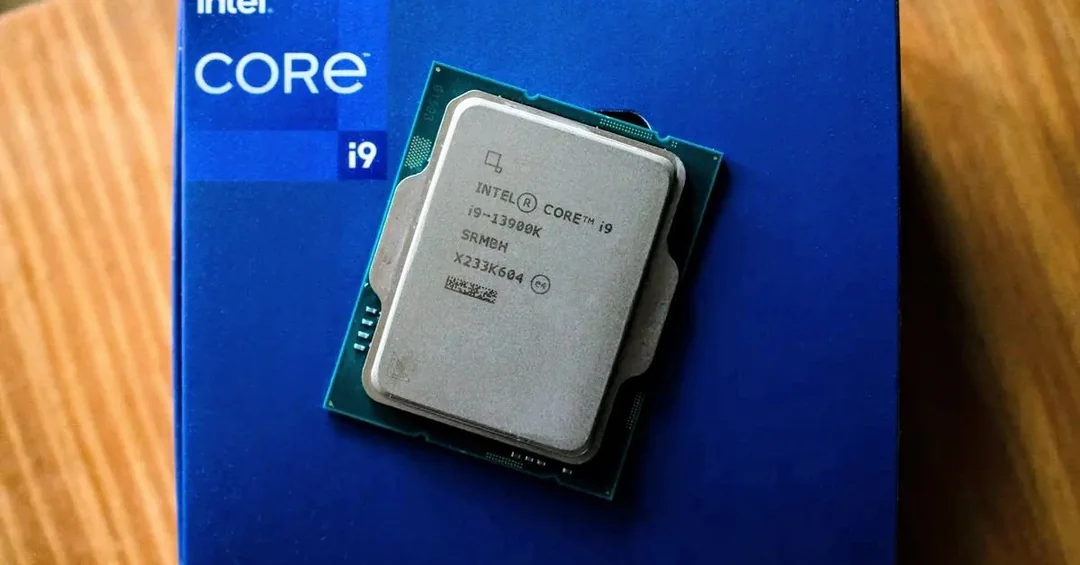

Intel’s 13th and 14th Gen CPUs are now under marginal numbers Updated: Oct 1, 2024 6:08 pm WePC is reader-supported. When you buy through links on our site, we may earn an affiliate commission. Prices subject to change. Learn more Table of Contents Table of Contents Over the past year, Intel has been experiencing major issues with its 13th and 14th Gen processors. Intel has previously brought patch updates for affected CPUs and continues to offer fixes to users. That said, it’s bad news for those with damaged CPUs, as Intel has clarified that any damage done can not be reversed. Users have been testing Intel’s latest BIOS patch update which promises to fix instability issues in the 13th and 14th Gen processors. However, things are not looking good for Intel as user twfox on the Chiphell forum has reported a 6.5% decline in the single-core performance of the Core i9-13900K in Cinebench R15. Additionally, the Core i9-14900K experienced a roughly 2% drop in multi-core performance in Cinebench R23, placing it below the AMD Ryzen 9 7950X. Cinebench R23 + R15 performance benchmarks. Source: Chiphell Forum Considering previous performance drops that ranged from 9% to 20%, the recently noticed numbers show that Intel has learned from its first wave of motherboard updates and is slowly trying to bring down the numbers to acceptable levels. Latest BIOS update addresses Vmin shift issues in affected processors Apart from the instability fix, Intel’s latest BIOS update addresses what seems to be the final issue with the 13th and 14th Gen processors. According to an Intel blog update, the “Microcode and BIOS code requesting elevated core voltages which can cause Vmin shift, especially during periods of idle and/or light activity” is mitigated in the latest BIOS update. Although the issues are still “mitigated”, they are now under marginal numbers from 2% to 6.5%. Will the Lunar Lake and Arrow Lake families have such instability issues? Fortunately, Intel has reaffirmed that future product families such as the Lunar Lake and Arrow Lake families will not be affected by instability issues. This is because Intel is moving to a whole new architecture with these future families and these current issues should not affect the new chips in any way. And it should stay this way, considering Arrow Lake is set for an October launch. Source: Twfox on Chiphell







